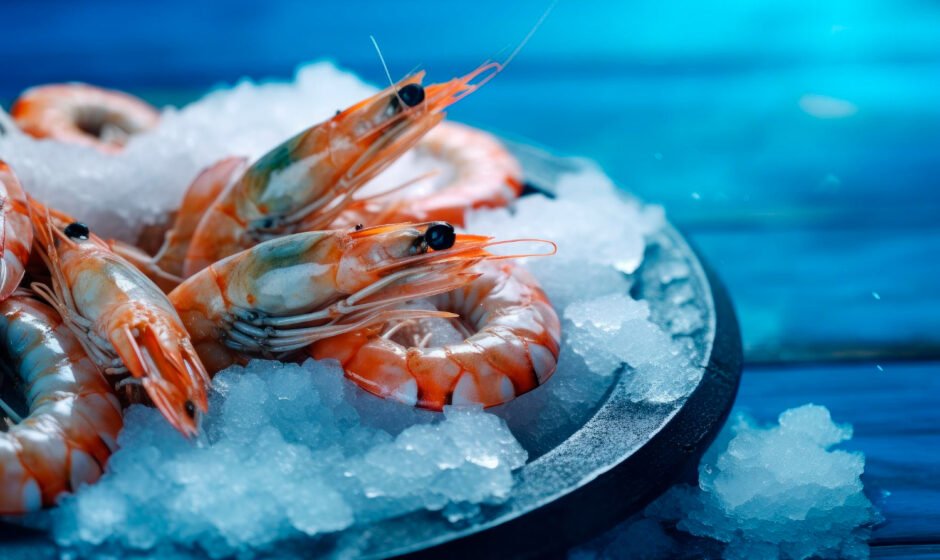The Indian shrimp industry, a vital sector contributing to the country’s economy, faces a potential storm due to anti-dumping and countervailing duty (CVD) petitions filed against imports of frozen warmwater shrimp from Ecuador, India, Indonesia, and Vietnam. These petitions, filed with the United States Department of Commerce (DOC) and the U.S. International Trade Commission (ITC), allege that the shrimp imports are being sold at less than fair value (dumped) and are causing material injury to the U.S. domestic shrimp industry.
The Petitions and Their Implications
The American Shrimp Processors Association (ASPA), a trade group representing U.S. shrimp processors, filed the petitions. ASPA claims that the imports of frozen warmwater shrimp from the four countries are being dumped at margins of up to 37.36%. Additionally, ASPA alleges that these imports are causing material injury to the U.S. domestic shrimp industry by depressing prices, reducing sales, and harming profits.
If the DOC and ITC find in favor of ASPA’s claims, anti-dumping and CVD duties would be imposed on shrimp imports from the four countries. These duties would significantly increase the cost of Indian shrimp exports to the U.S., making it difficult for Indian exporters to compete in the U.S. market. This could lead to job losses and reduced profits for Indian shrimp companies.
Impact on Indian Shrimp Exports
The Indian shrimp industry is understandably concerned about the potential impact of these petitions. The U.S. is a major export market for Indian shrimp, accounting for approximately 35% of India’s total shrimp exports. If anti-dumping and CVD duties are imposed, Indian shrimp exports to the U.S. could plummet, severely impacting the Indian shrimp industry.
Industry’s Response and Government’s Role
The Indian shrimp industry is taking proactive measures to mitigate the potential impact of these petitions. Industry representatives are actively engaging with the DOC and ITC, presenting evidence to counter ASPA’s claims. Additionally, the industry is exploring alternative export markets to reduce its reliance on the U.S. market.
The Indian government is also playing a crucial role in supporting the shrimp industry. The government is providing assistance to shrimp exporters to help them comply with the U.S.’s complex trade regulations. Additionally, the government is actively engaging with the U.S. government to address the industry’s concerns.
Conclusion
The anti-dumping and CVD petitions filed against Indian shrimp exports to the U.S. pose a significant challenge to the Indian shrimp industry. The industry is taking steps to address these challenges, but the potential impact of anti-dumping and CVD duties remains a concern. The Indian government’s continued support will be crucial in helping the industry navigate this complex situation.


